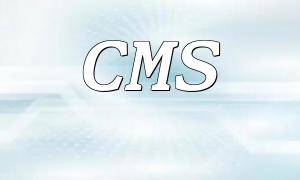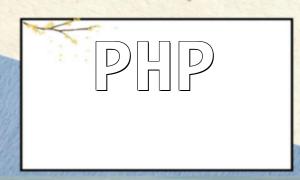Technical debt refers to compromises in code quality made for the sake of speed or convenience during development. Over time, these shortcuts accumulate, making the system harder to maintain. PHP coding standards serve as a preventive measure against such debt.
Without clear guidelines, developers often rely on personal preferences, resulting in inconsistent and fragmented code. This inconsistency can hinder team onboarding and increase maintenance costs. Establishing standards ensures everyone writes code in a consistent, maintainable manner.
Standardizing variable naming is foundational for clean code. For example, using camelCase is a common convention:
$helloWorld = 'Hello, World!';Instead of:
$hello_world = 'Hello, World!';
$hello_World = 'Hello, World!';Proper indentation and spacing help make code easier to follow:
function helloWorld($name)
{
if ($name === 'Alice') {
echo 'Hello, Alice!';
} else {
echo 'Hello, Stranger!';
}
}Compare that with the less maintainable alternative:
function helloWorld($name){
if($name=='Alice'){echo 'Hello, Alice!';}else{echo 'Hello, Stranger!';}}Commenting functions and classes helps developers understand code intent quickly:
/**
* Get user information
*
* @param int $id User ID
* @return array User info array
*/
function getUserInfo($id)
{
// Logic to retrieve user information
}To avoid bugs from type juggling, always use strict comparison operators:
if ($str === '') {
// Handle empty string case
}Rather than using loose comparisons:
if ($str == '') { // Potential risk here
// Handle empty string case
}Loose comparisons can lead to unintended results—for example, treating the string "0" as an empty string, introducing hard-to-detect bugs.
function calculateTotal($price, $quantity)
{
if ($price < 0 || $quantity < 0) {
throw new Exception('Price and quantity cannot be negative');
}
$total = $price * $quantity;
return $total;
}
try {
$total = calculateTotal(10, 2);
echo 'Total: ' . $total;
} catch (Exception $e) {
echo 'Error: ' . $e->getMessage();
}This example demonstrates best practices such as camelCase naming, proper indentation, use of comments, and exception handling, all of which contribute to clean, maintainable code.
PHP coding standards are not merely about aesthetics—they are essential tools for reducing technical debt and enhancing collaboration. By adopting consistent styles, clear documentation, and quality checks, teams can write more reliable code and maintain higher development velocity over time.









